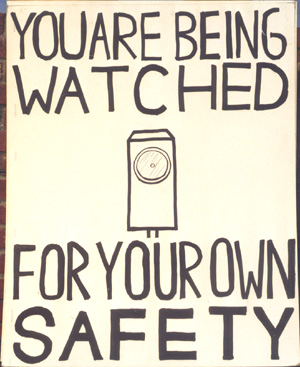Media and Consumer Tech Trend #2 - The End of Complexity
Last week the analyst firm Gartner issued an interesting press release sharing their '10 consumer macro trends shaping the technology, media and service provider markets over the next 10 years', and on Monday I blogged about one of the trends Gartner called out, the importance of understanding the customer profile as you create products and services, and perhaps more importantly, as you make decisions on hiring and promotion into leadership roles.
Today I want to hit upon another of the Gartner consumer media and tech trends, the one titled 'The Death of Complexity'. For some context, here is the take from Gartner on how in the consumer media and tech space, complexity can often be seen as a negative:
The Death of Complexity
The consumer market is becoming progressively less tolerant of complexity. Although consumers tend to buy products with ever-richer features, they often prefer those that are simple and intuitive. The ability to provide appealing and intuitive user interfaces has become a critical point of differentiation among competing technology providers. As technology becomes more complex, vendors need to invest more in keeping the user interface simple and intuitive. (Providers) therefore need to focus on simplifying technology, pricing, brand messaging, and feedback and interaction, and consider offering chargeable help services for consumers challenged by installing and configuring new equipment and services in their homes.
I know what you are thinking, that is such a no-brainer kind of viewpoint that it should not even have made a list of trends or predictions. I mean, who doesn't want simpler, easier, and more accessible technology?
Well mostly everyone, I think.
We continue to want more and more capability from our technologies while simultaneously demanding that they become easier and easier to use. And that is perfectly fine, in fact, these increasing demands and requirements are what often spur fantastic innovations and solutions. But when the 'I want the product to be simpler' desire involves giving up capability that we feel like we have a right to or that we can't do without, well then often the simple becomes the complex.
So the technology solution providers, both in the consumer space and those that build technologies designed to support enterprise users, (also becoming increasingly harder to distinguish), are challenged to balance the simplicity vs. capability ledger all the time. And while achieving the correct balance is certainly tricky, the ones that manage it most effectively are likely to stay one step ahead of the competition.
But here's the thing about simplicity, it seems to me that everyone is in favor of simpler and easier to use technologies for a little while. Until something new comes along. Something that does that 'one more thing' or has the one extra bell or whistle. And then the simple solution we loved for so long start to look, well maybe a little too simple.
Right up until the point where the tools we have can't do something that the other guy's tools can.

 Steve
Steve



